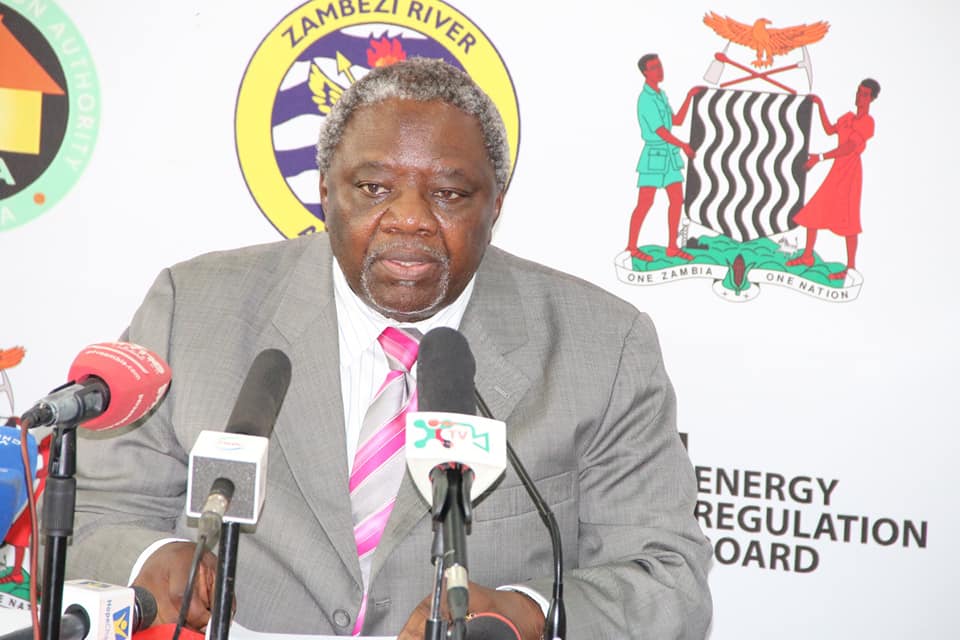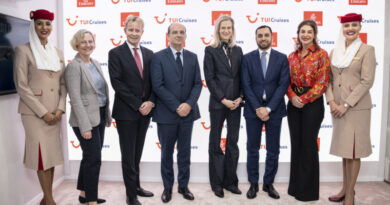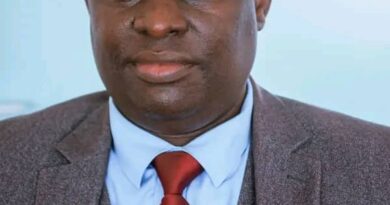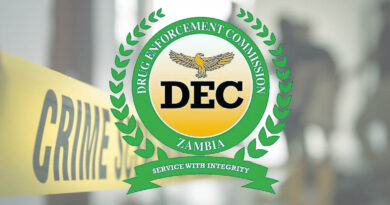Govt to Install Diesel Generators at Key Lusaka Markets as Part of Emergency Power Measures
The Ministry of Energy has announced the arrival of the first consignment of diesel generators aimed at stabilizing power supply in key markets across Lusaka.
Energy Permanent Secretary Peter Mumba confirmed that nine out of the 23 procured diesel generators have arrived in the country and will be installed this week at Chilenje, Nyumba Yanga, and Soweto markets.
Mumba outlined the government’s plan to have all 23 generators installed by 30th September 2024, in an effort to mitigate the impact of ongoing power shortages. The remaining 14 generators are expected to arrive next week.
In addition to the installation of diesel generators, Mumba provided an update on power imports. He stated that the country has secured an additional 50MW of emergency power from the Southern African Power Pool (SAPP), supplementing the 168MW already being imported from Eskom in South Africa.
However, recent power transfer constraints in the Southern Circuit via Namibia caused a temporary reduction in power imports by about 100MW, leading to increased load shedding in some areas. The fault was resolved last night, and network stability is anticipated to improve.
Mumba also addressed the current power generation situation in Zambia, noting that the country is generating 1,019MW of electricity against a demand of 2,400MW, resulting in a significant deficit of 1,381MW.
He assured the public that the government is working tirelessly to find solutions to the power crisis and keep the economy running.
Regarding ZESCO, Mumba acknowledged the Energy Regulation Board’s (ERB) rejection of ZESCO’s emergency tariff application and stated that the government is exploring alternative ways to support the utility company. Further details on the support measures will be announced soon.
In a related development, Mumba highlighted the recent signing of the Net Metering Regulations into law, which allows the public to participate as both producers and consumers of electricity on the national grid.
The ERB has set the net metering tariff at K1.59 per kilowatt hour, with a distribution use-of-system (UOS) charge capped at 39 ngwee per kilowatt hour until 31st December 2024.
The Permanent Secretary also mentioned the signing of a Memorandum of Understanding (MOU) with Power China, aimed at developing power projects and ensuring the stability and security of power supply in Zambia.
He appealed to energy-intensive consumers to optimize their production schedules and consider alternative energy sources to alleviate pressure on the grid.



